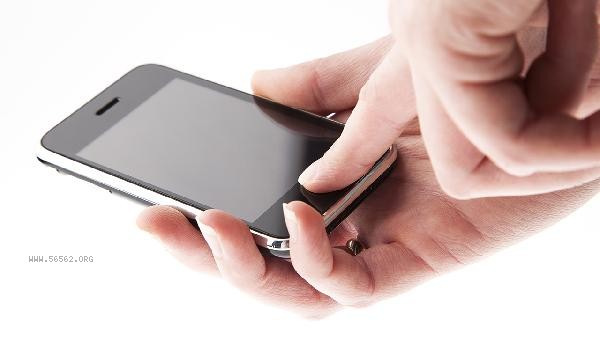Sixth grade children's love for playing with mobile phones can be intervened through establishing rules, transferring interests, parent demonstrations, limiting usage scenarios, and increasing parent-child interaction. Overuse of mobile phones may affect learning efficiency, sleep quality, and social skills, and requires timely guidance.

1. Establish rules
Work with children to establish daily mobile phone usage duration and time periods, and clarify prohibited scenarios such as learning, dining, and bedtime. Using timers or parental control software to assist in execution, progressive reduction goals can be set during the initial stage of rule execution. Cancel the next day's usage permission when violating the rules, and provide additional parent-child activity rewards for good performance.
2. Transfer interests
Arrange alternative activities based on the child's personality traits, such as physical games that require concentration, such as basketball, painting, Lego, etc. Organize short hikes or museum visits on weekends to transfer dependence on electronic products with fresh experiences. Inviting peers of the same age to participate together can enhance the pleasure of social interaction.
3. Parent demonstration
Family members are required to voluntarily put down their electronic devices and establish a time zone without mobile phones during dinner, chat, and other times. Parents can showcase non electronic entertainment methods such as paper reading and handmade crafts, and convey their attitudes towards life through behavioral demonstrations. Avoid watching videos or playing games in front of children for long periods of time to reduce negative behavior induction.

4. Restricted Scenarios
Set the phone charging area in public areas such as the living room and prohibit bringing it into the bedroom or study. When doing homework, it is required to keep the phone out of sight in the storage box and collect it after completing the learning task. Implement a temporary storage system for mobile phones during dining out and family gatherings to cultivate participation habits in real-life scenarios.
5. Increase interaction
Set a daily exclusive parent-child time of 15-30 minutes to engage in activities that require two-way communication, such as board games and household collaboration. Regularly hold family meetings to discuss mobile phone usage experiences and listen to children's real needs for online socializing and gaming achievements. Establish non electronic emotional connections through sustainable projects such as collaborative cooking and cultivation. Children in early adolescence need to gradually develop self-management skills, and parents should avoid simply confiscating their phones to intensify conflicts. Encourage children to record their daily screen usage time and cultivate their awareness of self-monitoring. Provide appropriate popular science content to help children understand the harm and addiction mechanism of blue light, and establish a healthy awareness of using computers. Pay attention to whether avoidance behavior is caused by academic pressure or social distress, and seek psychological counseling support if necessary. Long term plans should be established by combining the cultivation of exercise habits and a sense of practical achievement, helping children balance their digital lives with their real growth needs.






Comments (0)
Leave a Comment
No comments yet
Be the first to share your thoughts!